 https://organicnz.org.nz/wp-content/uploads/sites/2/2025/04/Hot-cross-buns-Isabel-Pasch-scaled.jpg
1829
2560
membership
https://organicnz.org.nz/wp-content/uploads/sites/2/2024/09/OrganicNZ-2024-Masthead.png
membership2025-04-14 13:50:512025-04-14 13:57:16Hot cross buns
https://organicnz.org.nz/wp-content/uploads/sites/2/2025/04/Hot-cross-buns-Isabel-Pasch-scaled.jpg
1829
2560
membership
https://organicnz.org.nz/wp-content/uploads/sites/2/2024/09/OrganicNZ-2024-Masthead.png
membership2025-04-14 13:50:512025-04-14 13:57:16Hot cross bunsFree Articles
 https://organicnz.org.nz/wp-content/uploads/sites/2/2025/04/Hot-cross-buns-Isabel-Pasch-scaled.jpg
1829
2560
membership
https://organicnz.org.nz/wp-content/uploads/sites/2/2024/09/OrganicNZ-2024-Masthead.png
membership2025-04-14 13:50:512025-04-14 13:57:16Hot cross buns
https://organicnz.org.nz/wp-content/uploads/sites/2/2025/04/Hot-cross-buns-Isabel-Pasch-scaled.jpg
1829
2560
membership
https://organicnz.org.nz/wp-content/uploads/sites/2/2024/09/OrganicNZ-2024-Masthead.png
membership2025-04-14 13:50:512025-04-14 13:57:16Hot cross buns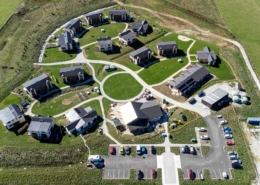
Living Better, Together
In an increasingly disconnected world, many people are seeking ways to live more closely with both the environment and one another.
For Simone Woodland, a dream to create a different way of life led to the Tākaka Cohousing project in Golden Bay.
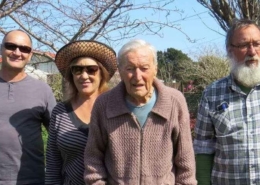
The coolest tangi
Malcolm Murchie was a long-time Soil & Health member who passed away The whānau of long-time Soil & Health member Malcolm Murchie share the beautiful journey of their father’s tangi with Organic NZ readers in the hope it will inspire others to maintain rangatiratanga over their loved one’s final journey.
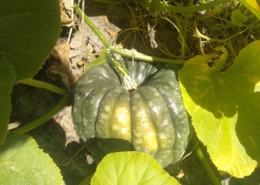
Photos from Jenny’s garden
Soil & Health member Jenny Williamson shares some photos from her garden.
Members-only Articles
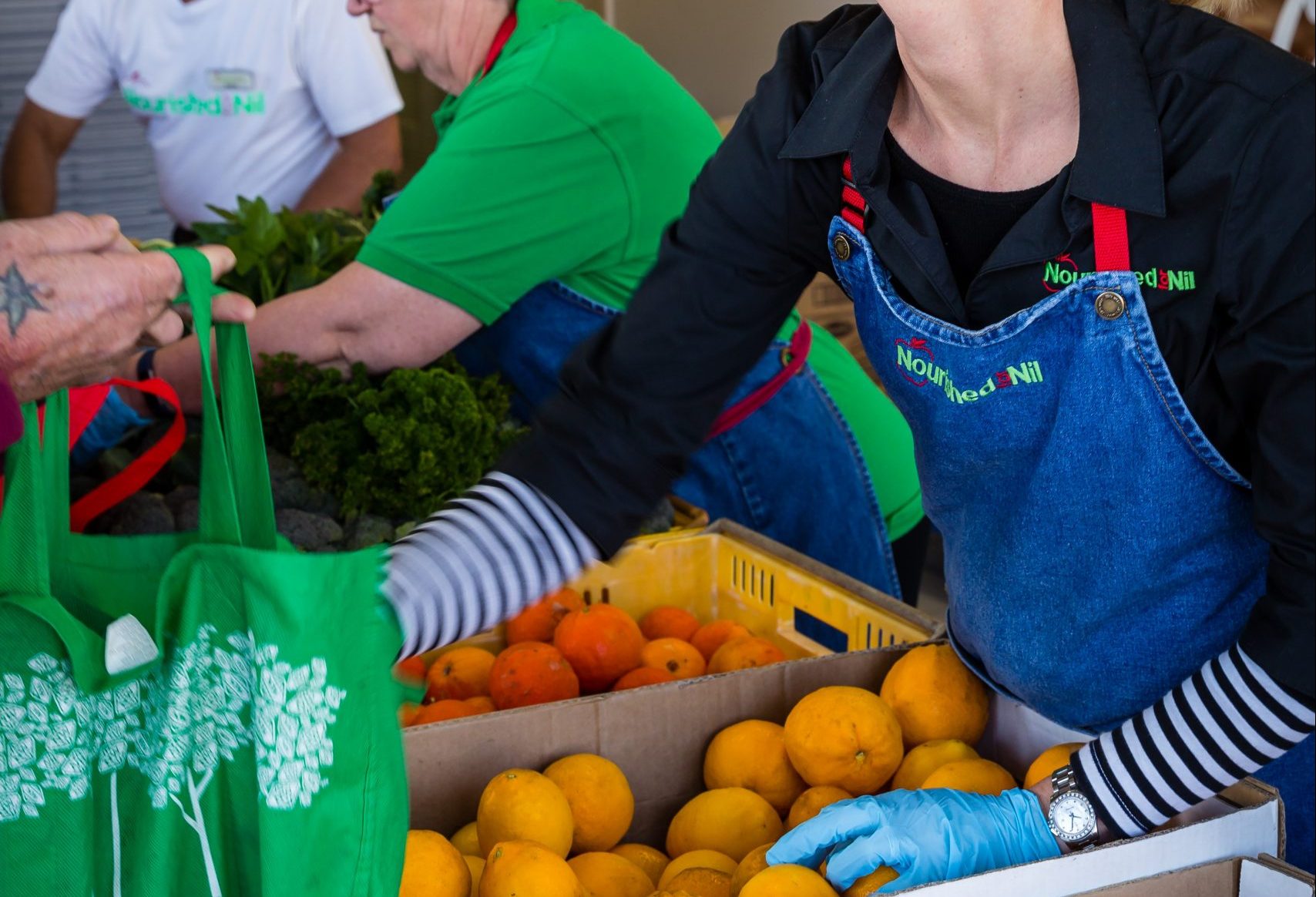
Accounting for the future
A recent article in a farming magazine, bemoaned that an estimated $55 million has been spent comparing organic/regenerative to industrial (named conventional) farming – with the conclusion that regenerative farming produced less profit and more GHG (greenhouse gas) emissions.
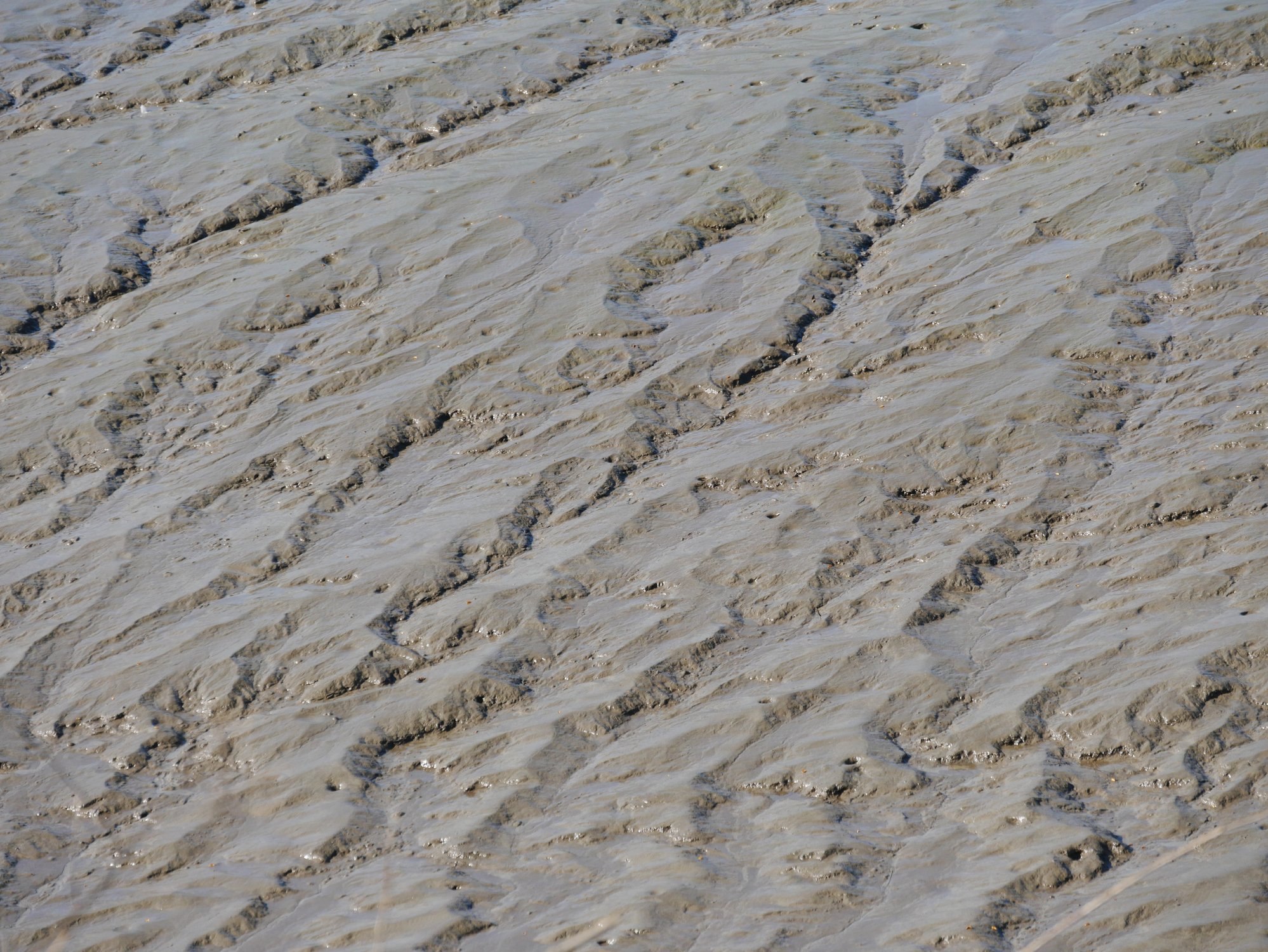
Silt to soil: Rejuvenating silt organically
The silts from recent floods are devoid of the all-important pore spaces, organic matter and microbes that make up a living soil. Charles Merfield gives practical recommendations on how to use organic processes to re-establish these and revitalise mineral-rich silt.

Happiness Begins With Good Food
The hormones that support us to feel calm, content, and happy
are produced in our gut from the food we eat. Laura Hett
explains how our diet affects our state of mind.

Funding the future with biodynamics
Practitioners are convinced biodynamics is the way of the future – and are financing the research to prove it.

An Aunty to all: supporting those affected by Cyclone Gabrielle
When disaster strikes, the basics of food and shelter become challenging. Meghan Read hears from Arohanui Lawrence about how her spray-free community garden demonstrates the strength of local food resilience.

Conquer the cold: seasonal gardening tips and tasks for late autumn
With autumn settling into winter, what better advice than turning to the sun and letting the shadows fall behind you could gardeners take? Especially those who have lost so much in recent weather events. Wherever you are in the country, make the most of the little heat that still lingers, by trapping it in cunning ways

Making soil: turning food scraps into food production
A climate action enterprise uses bokashi and no-turn composting methods to create carbon-rich, nutrient-dense soil. Theresa Sjoquist talks to those who are diverting landfill to profitable crops.

The farm-to-kitchen model bringing food sovereignty to India
Food sovereignty is an important issue in a world of increasing centralisation, and in our documentary ‘The Worm is Turning’ it’s one of many subjects we address.

Bringing seaweed back into the food chain
Nutrients and minerals from the earth’s crust flow into the sea and are absorbed by seaweed. Duncan Smith outlines the benefits of closing the loop and bringing seaweed back into your food chain.

Beauty and business on borrowed land
You don’t need land to have a garden. Nor capital to start a business. Diana Noonan finds out from an innovative artist how she turned her life around to create a satisfying organic lifestyle and income - without land or start-up capital.

What we know about chronic and post-COVID fatigue
Chronic fatigue has been around for a while, and there is renewed interest due to one of the main triggers being viral infection. It might be too soon to tell, but the recent outbreak of COVID-19 could be a trigger. Holistic nutritionist Laura Hett looks at what we know about chronic fatigue.

Medicinal fungi at Ora’s Farm
Lion’s Mane, Turkey Tail, Piopinno, Enoki, Shiitake. Intriguing names for delicious mushrooms that science is revealing are beneficial to our health. Crispin Calidicott talks to two growers who are excited about their therapeutic potential.

Azolla: a simple and sustainable biofertiliser
It is the ultimate fertiliser for your garden. It is free, only needs a bucket of water, removes greenhouse gases, fixes nitrogen, and enriches your soil. Sheryn Dean describes a simple and sustainable biofertiliser.

Growing organic hazels
Hardy hazels are well suited to organic growing in New Zealand, and the nuts are nutritious and versatile. Philippa Jamieson profiles Otama Hazels in Southland as an example of a successful small block and looks at the opportunities for more growers to enter the market.

Growing good food: seasonal gardening tips and tasks for autumn
March and April are such surprising and exciting months in the garden. Just when it seems the world is winding down and our edible beds are readying themselves for sleep, a whole new season of opportunity presents itself. That’s because, apart from a few of the coldest spots in the country (and even then, there is potential for growing undercover or indoors), nature never sleeps. So while autumn is very much the season for harvesting and storing, it’s also a time to be out with the fork, the seeds and the seedlings – and to start growing all over again!

Biocontrol: natural pest management
Nature is an ongoing war. A battle for survival, for dominance, and resources. ‘Pests’ are when one species are winning and are having a detrimental effect on our desired outcome. Charles Merfield explains how we can change the balance and allow nature to regulate itself.

The Therapeutic Products Bill: A step forward for natural health products?
Natural health products are included in the Therapeutic Products Bill which was presented to Parliament at the end of last year. Dr Sandra Clair looks at the reasoning behind it and says that, if executed well, this could be a step in the right direction for pluralistic medicine in New Zealand.

Tourism doesn’t have to cost the earth
The tourism dollar is coming back, but at what cost? Claire Brunette investigates how New Zealand can, and does, balance the effect on the environment while still reaping the rewards in our economy.

Drink smart: the impacts of alcohol
Always wondered what that glass of wine does to you? Holistic nutritionist Laura Hett breaks down how alcohol impacts the body, deals to some classic myths, and leaves us with a few tips and tricks.

Nourished for Nil’s mission to turn waste into food
New Zealand’s yearly food waste produces 409,234 tonnes of carbon emissions. To offset this we would need to take 150,453 cars off the road for one year or plant 163,693 trees. Rescuing this waste to feed people is a win-win. Christina McBeth tells Bonnie Flaws how she co-ordinates Hawke's Bay businesses, government assistance, sister organisations, and volunteers to redirect waste into food for over 1200 families.

